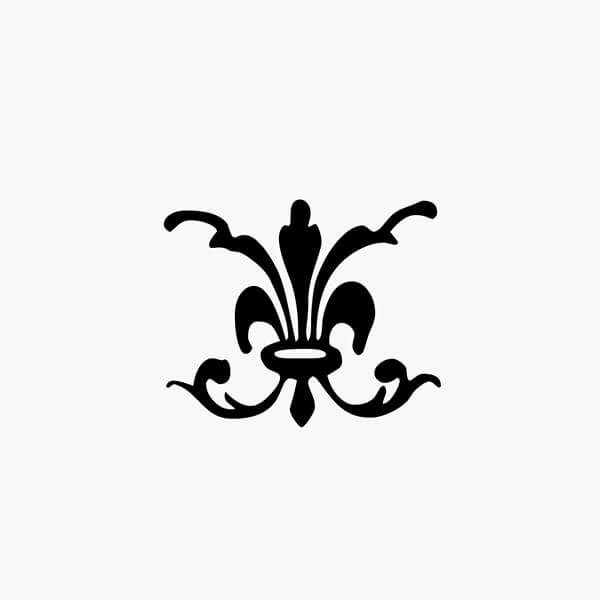
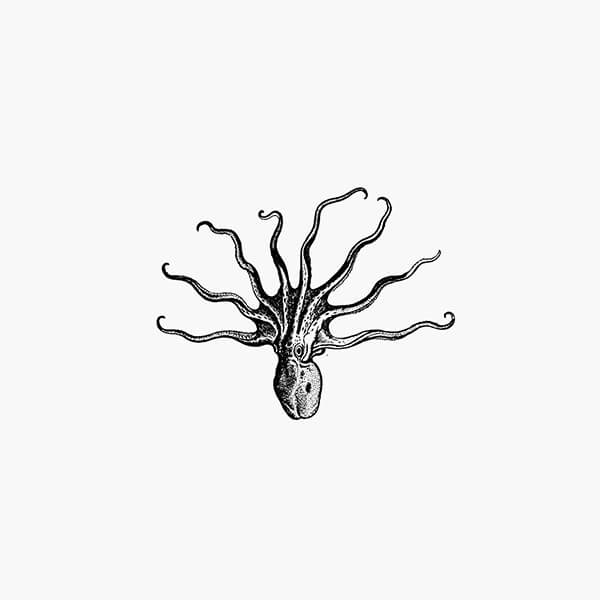
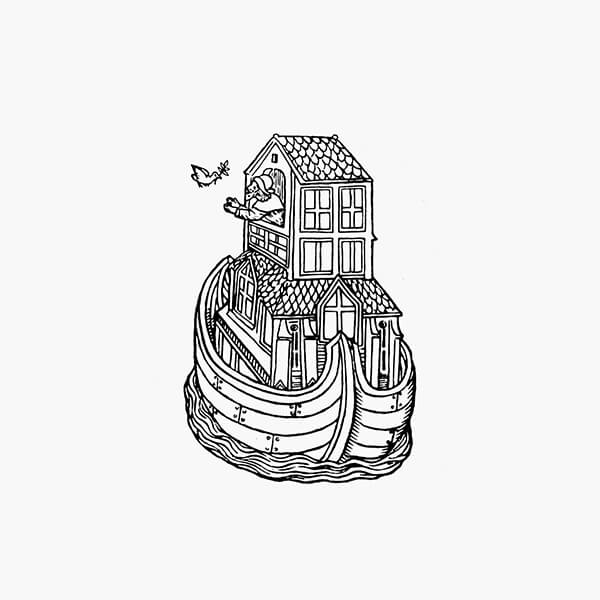
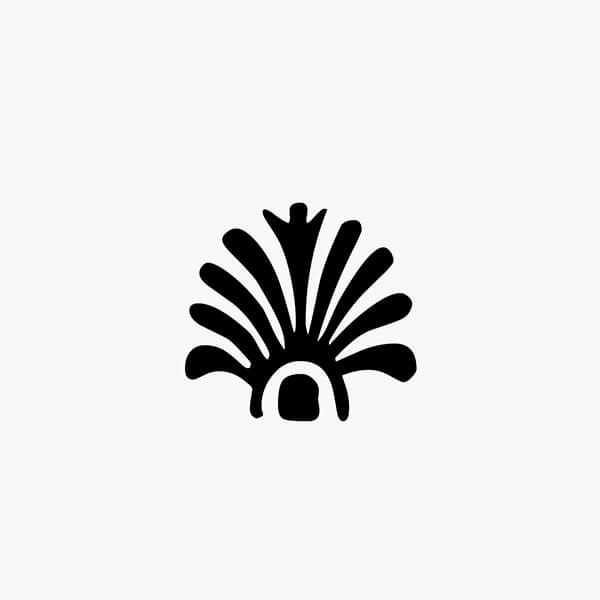
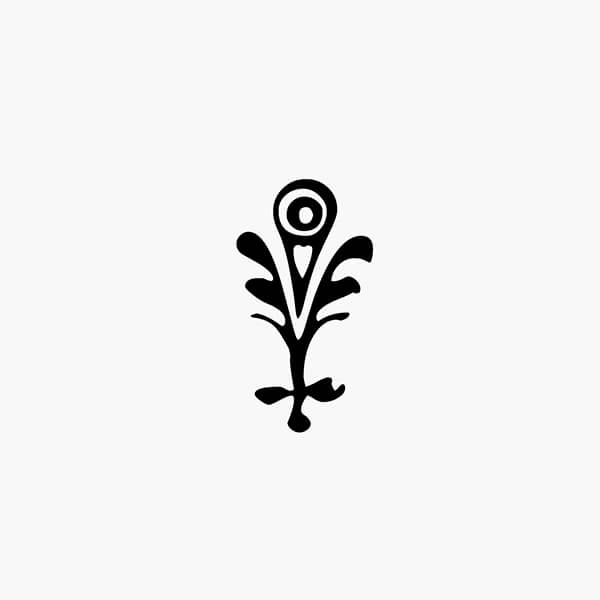
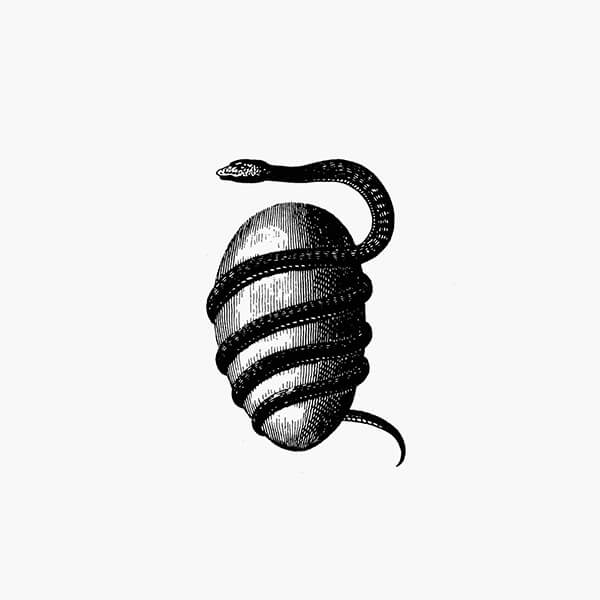

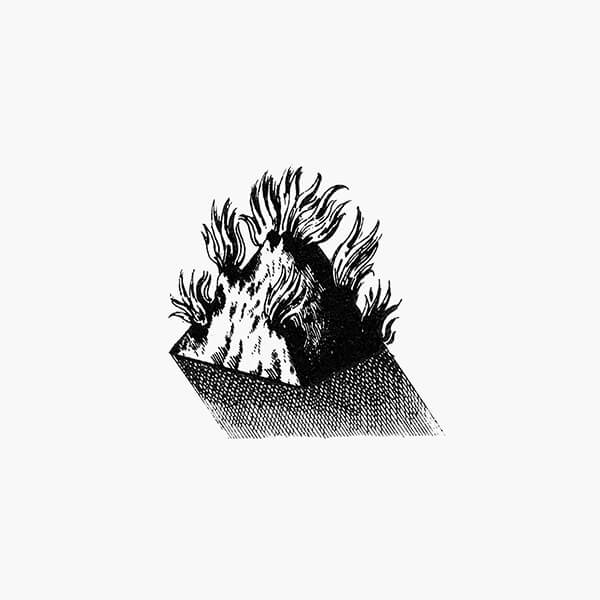

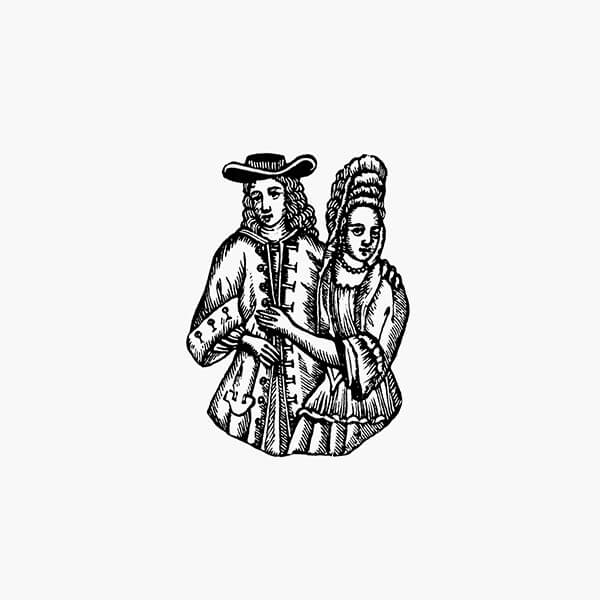

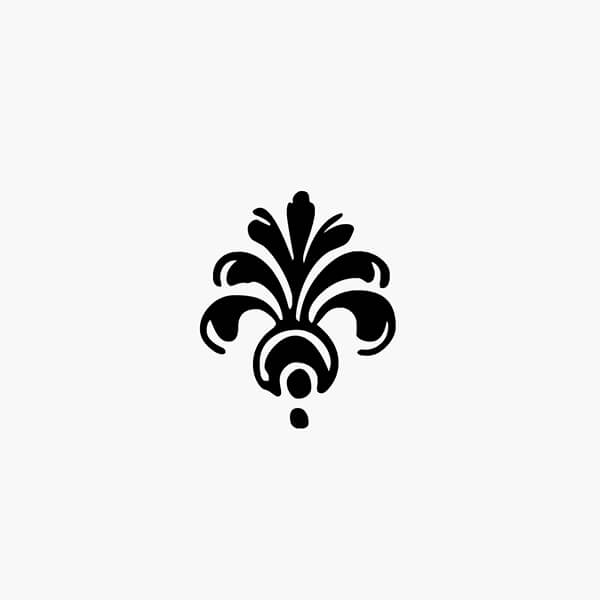


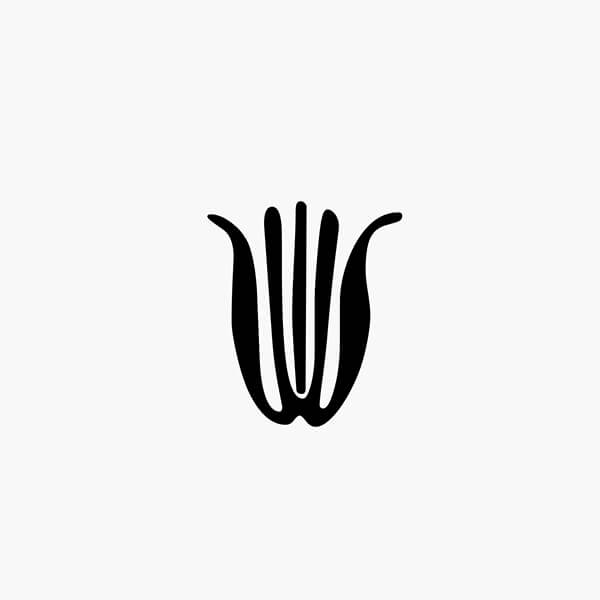

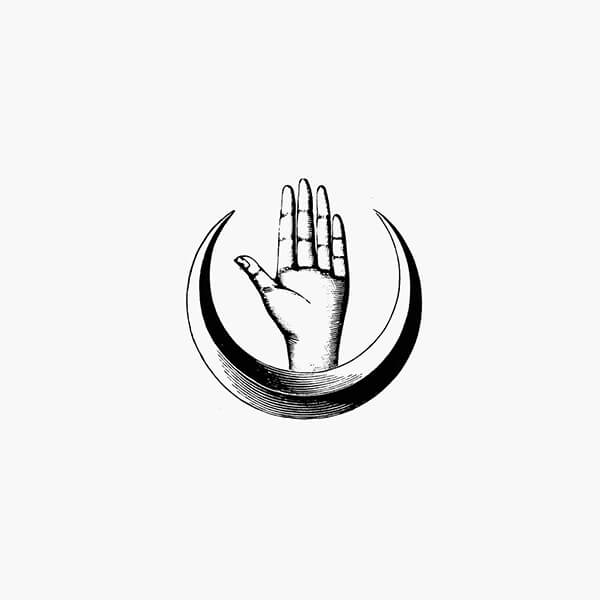



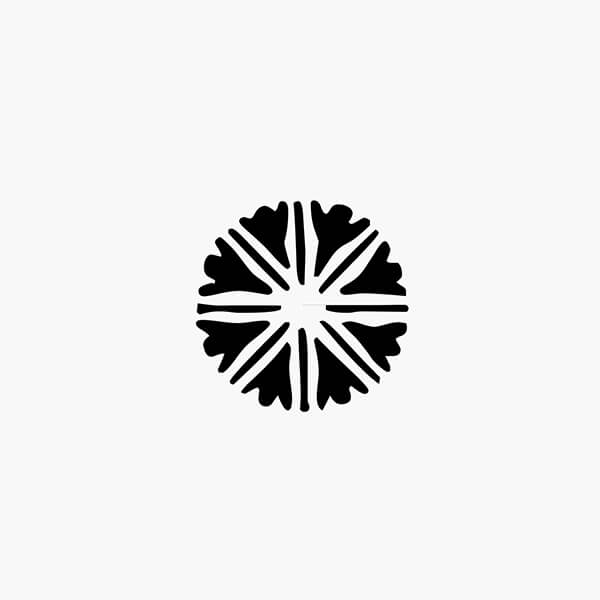

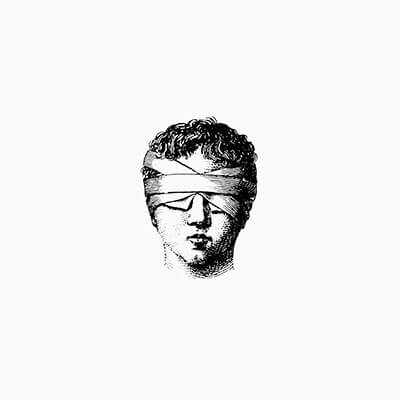




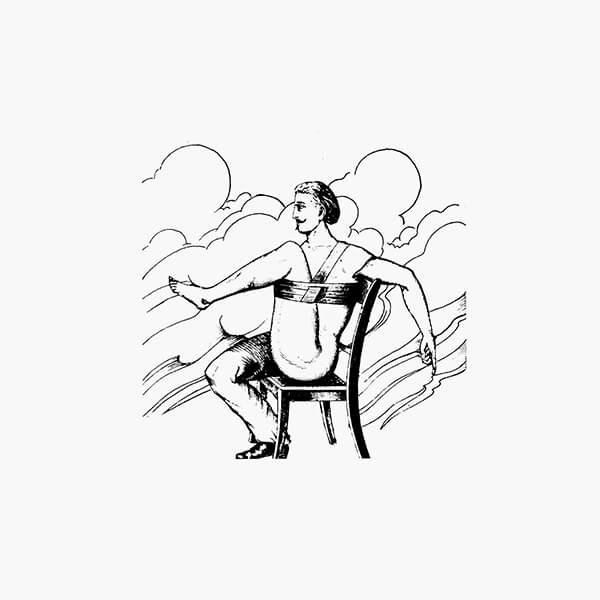
Iconography
5140 Mao Tse-tung, 36 fiori di carta
Renata Pisu. Texts by Mao Tse-tung (translated by Renata Pisu)
1980 / 96 PAGES.
Language: Italian edition
Here, we find the ancient art of the “flowers of happiness”, which has fit in perfectly with countless occasions for two thousand years, side by side with Mao Tse-tung’s poetry – rich in feats and feelings – so as to compose a sort of lyrical autobiography of the founder of modern China.
Paper cutting is a “poor” art that has existed in China for almost two thousand years. This portrayal of a variety of subjects is an ancient art that began as a way to accompany the Chinese people’s happy moments and that Mao Tse-tung – the hero and founder of modern China – wished to celebrate. A philosopher and polititian, Mao was also a refined poet following in the wake of classic traditions. This volume places one of his poems side by side with each image for a fascinating and evocative encounter.